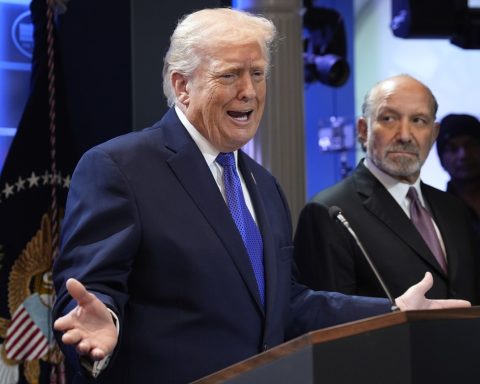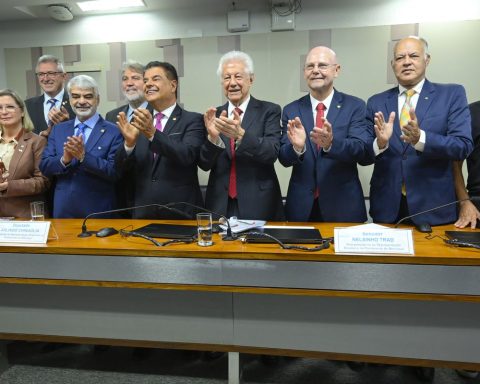President Joe Biden signed this Saturday the law on the debt ceiling in the United States until 2025, an issue that kept his government and the country in general in tension.
The law was the result of an agreement between the White House and the Republicans after several rounds of negotiations with the speaker of the House of Representatives, Republican Kevin McCarthy, in which both parties had to make concessions, according to international media.
The approval of the agreement in Congress and the subsequent signing of Biden was crucial so that the country did not default on its public debt, after the debt ceiling was reached last January, the legal limit on money that the United States you can borrow to meet your commitments, aim EFE.
In this way, with the ratification of the president, the country will avoid the suspension of payments that would have been generated as soon as Monday if the agreement between the parties involved in the negotiation had not been reached.
“We are going to continue the work of building the strongest economy in the world,” the president wrote in a tweet, accompanied by a video of him signing the agreement in the Oval Office.
I just signed into law a bipartisan budget agreement that prevents a first-ever default while reducing the deficit, safeguarding Social Security, Medicare, and Medicaid, and fulfilling our scared obligation to our veterans.
Now, we continue the work of building the strongest… pic.twitter.com/42HIFBy8Y9
—President Biden (@POTUS) June 3, 2023
Save the country “from a recession”
Biden said the default “would have been catastrophic” and sent the country “into a recession” in an address to the nation.
The agreement to raise the debt ceiling in exchange for some caps on public spending had been reached last weekend, but needed the president’s ratification.
The measure suspends the debt ceiling for the next two years, until after the presidential elections in November 2024, the agency explains. EFE.
Specifically, it suspends the current debt limit of 31.4 trillion dollars until January 1, 2025, the Spanish newspaper specifies.
In return, the agreement reached over the weekend between Biden and the Republicans in the Lower House contemplates, among other things, caps on spending on programs financed by Congress in areas such as health, education, justice or environmental protection.
Harden labor requirements
In parallel, the agreement cuts part of the new funds that were going to be allocated to the public Treasury to reallocate them to items other than defense, he explains EFE.
In addition, it contemplates the resumption of payments by university students of the debt they have accumulated.
Under that pact, non-defense spending will stay the same in fiscal year 2024 and increase 1% in fiscal year 2025.
The measure will toughen the work requirements to access social benefits, such as food stamps, and rescinds 28,000 million unspent dollars that had been allocated to relief programs against the pandemic.
EFE / OnCuba














